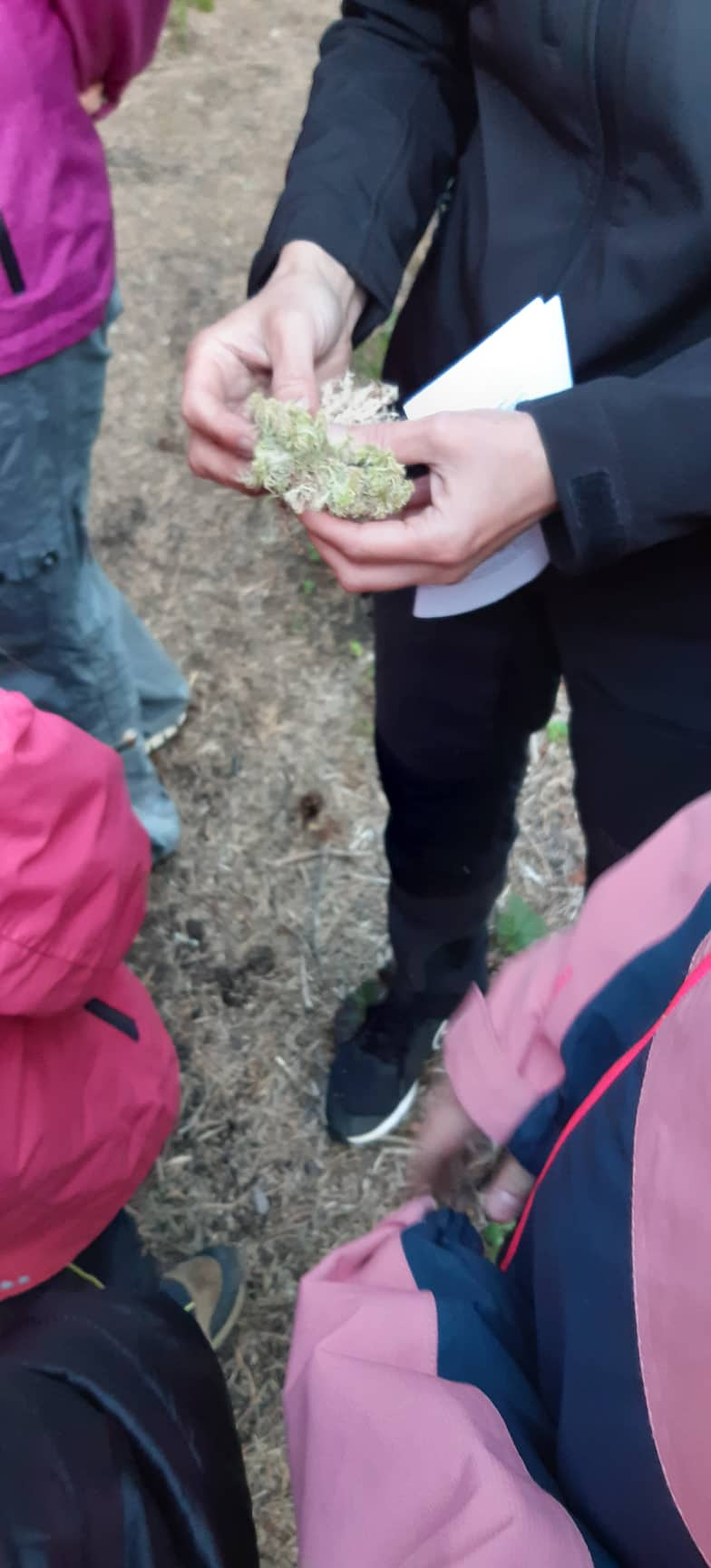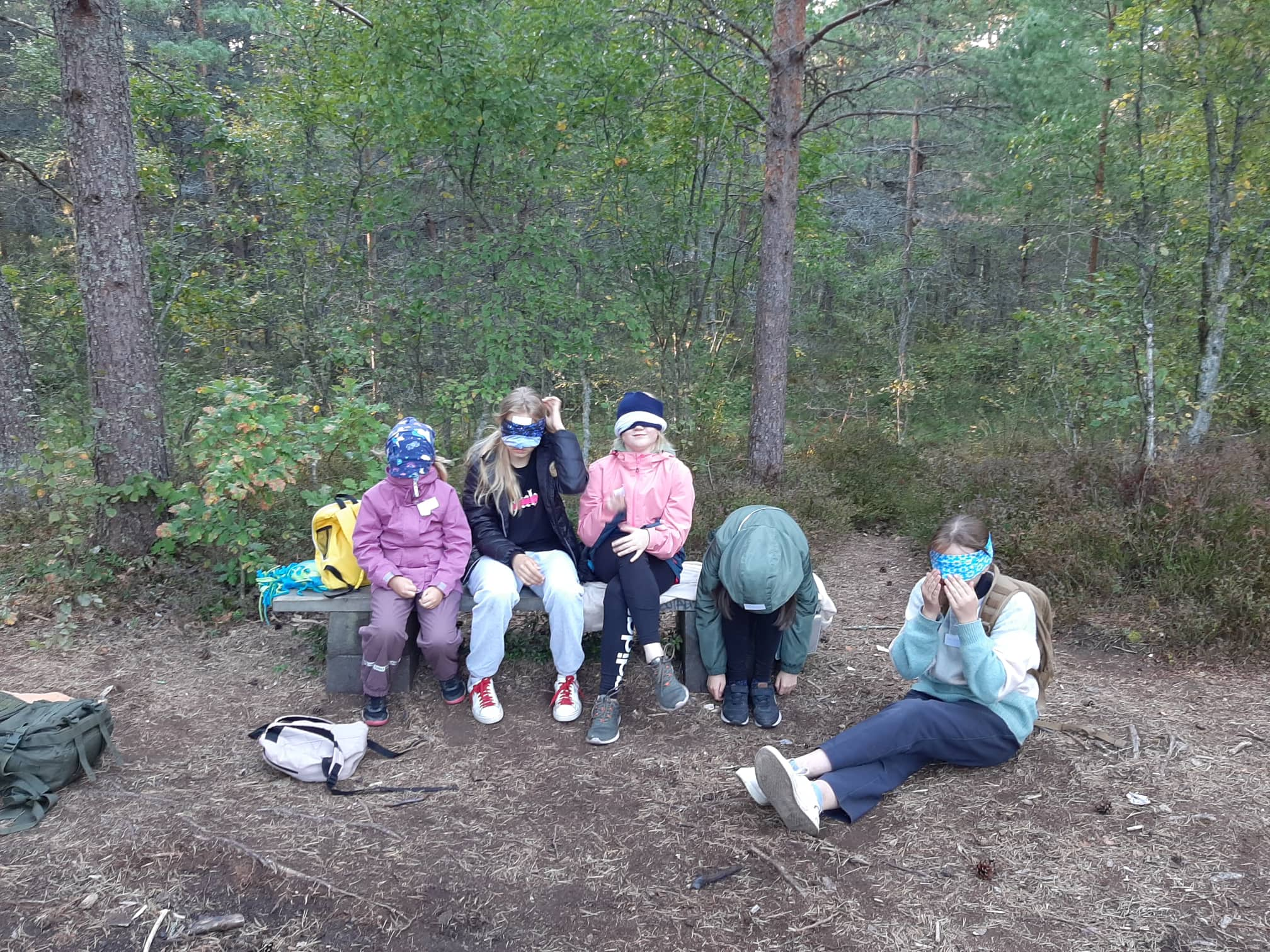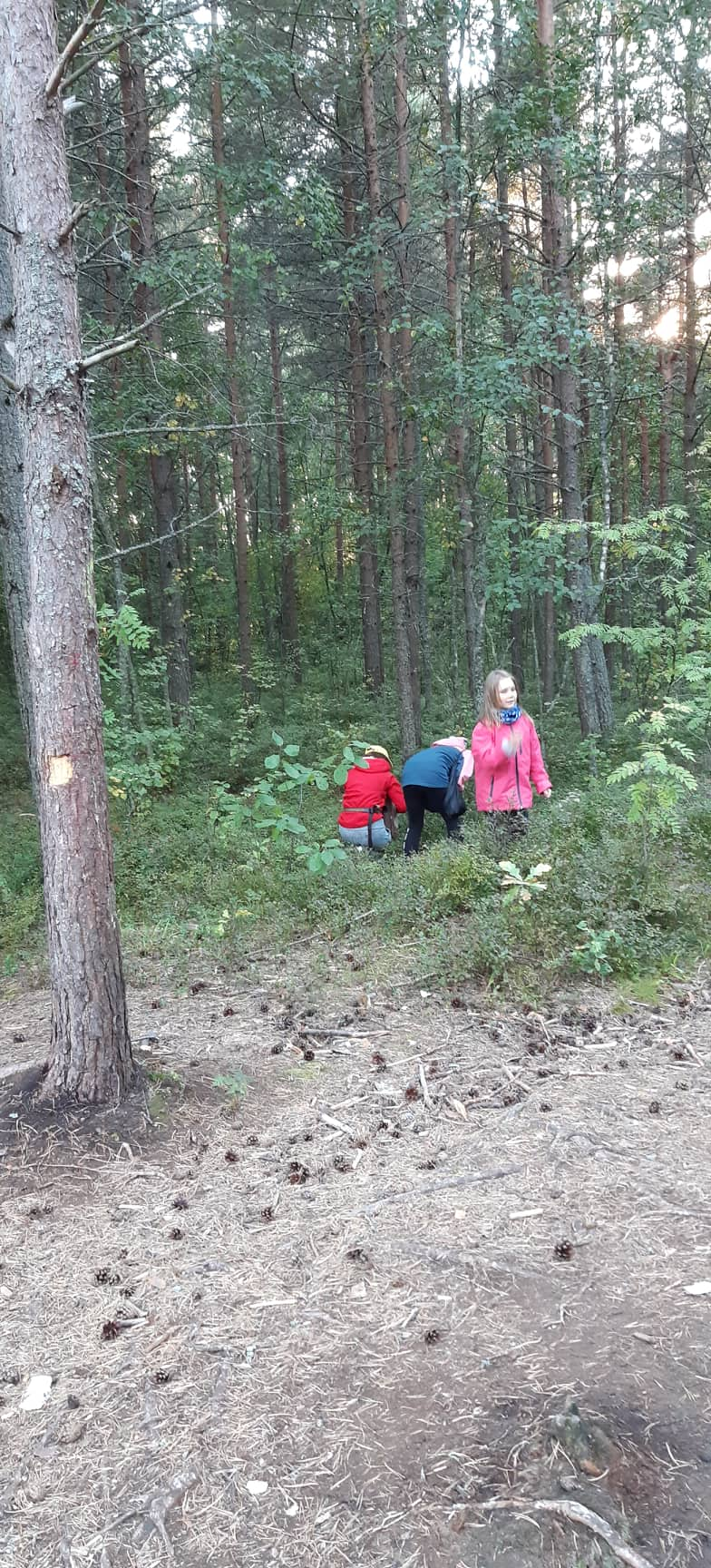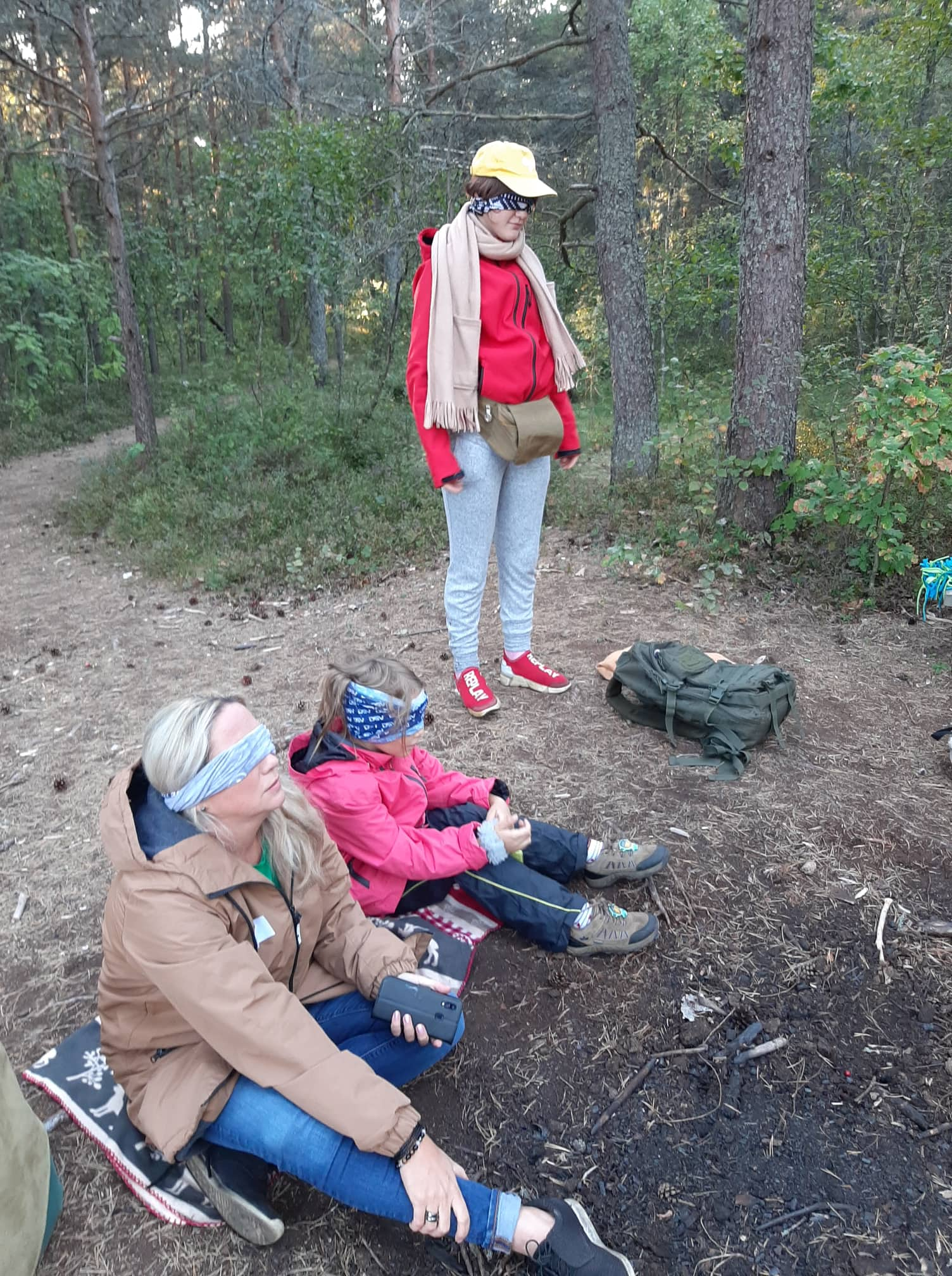Youth workers’ and educators’ training “Outdoor Experiential Learning for Beginners” blog by Heli
I have been involved in Erasmus projects since 2015 and have participated in teachers’ mobilities before. Also I have written projects and managed them in the frame of strategic partnership for schools. All those projects have been very interesting and have helped me to empower me as an educator and promote European dimension among Estonian students and teachers. Training course for youth workers and educators in Zmajevac, Croatia, in June 2022 offered by NGO Kreaktiva was my first in the field of youth work. Outdoor experiential learning as pedagogical concept has always been part of curricula in Estonia, but apparently we, as educators, have not understood its potential, versatility and value fully. That’s why I had high hopes to get new insight into OEL.
As a project manager in NGO, I helped to find participants from Estonia, arranged travels and communicated with the hosts to be presented at the training course. Full week of activities pushed our limits and definitely took us out of comfort zone. All participants had to focus on 3 dimensions of learning: about self, about community and others, and about nature/physical environment. I enjoyed all parts related to connectedness with the nature, absorbing its biodiversity by all my sensory organs. Albeit I struggled to take part in artistic performances in public, e.g. dancing without music. Nevertheless I followed all activities, took many pictures and notes, had meaningful discussions with colleagues and discovered a lot about my strengths and weaknesses alike. Sometimes we need to change environment and let us go with the flow to learn about our hidden emotions and feelings and enhance our senses. This course offered us such an opportunities.
Outdoor experiential learning has many benefits: improves physical and mental health (regulates mood, reduces stress and anxiety levels, boosts self-esteem, and supports immune system by regular exercise), contributes to the lifelong personal development, promotes pro-environmental behaviors and attitudes, connects with local community and its values, and facilitates socializing and tolerance. Considering all those benefits, OEL is very practical methodology and addresses learners in a holistic way where body, mind and soul are equally involved in the process of learning. It could be applied as relaxation or focusing tasks during shorter or longer periods by using senses, intuition and 4 main nature elements. Therefore, nature/outdoors is not just learning environment, but also an active part of communication with every learner and a promoter of the interpersonal relations.
OEL has strong theoretical background and has been researched in recent years extensively. Best learning and teaching practices are usually circular in terms of cause and effect and feedback loops. According to David Colb OEL has also its cycle starting with experimenting, reviewing and reflecting and followed by concluding, planning and transfer of learning. All these elements are essential and worth of time in order to make process of learning challenging, effective, efficient, meaningful and rewarding. The learning zone model explains why we need to challenge ourselves to get out of secure and stable comfort zone. Only some effort (avoid panic zone!) shifts our mind and body to discover something new, explore our inner potentials, feel alive and expand our knowledge and experiences to grow personally and professionally. I like a quote from American psychiatrist and author of books about emotional issues and emotional freedom David Viscott: “If you want to feel secure, do what you already know how to do. But if you want to grow, go to the cutting edge of your competence. Which means a temporary loss of security. So, whenever you don’t quite know what you are doing. Know that you are growing…”
We had many group and individual tasks and enough time to listen to our inner voice, deal with emotions and reflect on feelings. I believe it helped me to develop many personal skills (e.g. tolerance and patience, self-esteem and mutual trust between participants, emotional resilience, etc). One of the highlights was night hike which made us more aware of our secret fears and more open to our team-mates, gave confidence and courage to organize something similar in our local communities.
As an educator I learned many tips and useful methodologies to better engage students, to broaden their vistas of the learning environment and playful learning techniques. Many ice-breakers and energizers could be very easily adopted and applied to invigorate learners and help them relax during more demanding learning sessions. Apart from that also focusing exercises are important to boost both teaching and learning processes. Including also holistic approach for all educational purposes.
I am really pleased that I had a chance to learn a lot about myself, about OEL, Croatia and local communities. To transfer my learning experience I organized at 12th of September a follow-up activity called „Experience nature and enhance your senses“ to include many objectives of OEL for students aged 8–15 in Soosepa bog, Pärnamäe. Participants learned about their sensory organs and their limits; enhanced their senses (auditory, olfactory, tactile) by impairing visual sense (eyes were covered to diminish its effect as a major information source); participants learned about the role games (new names were given and they had to explain it to others in pantomime); participants learned to express their feelings, emotions and thoughts about what they experienced; learned about geology and biodiversity of bogs' eco-system; challenged themselves by finding edible plants; observed how ecosystems are changing in general, and why; discussed about human impact and our part in conservation of nature. All this was done by group work, individual tasks, discussions, challenges as a whole group and games. I prepared well, but did not know exactly how much time each activity will take. So, I had more in mind that could be implemented. But I was really happy that participants were actively involved in each part, responded well to the given tasks, and shared their emotions and feelings very openly. As we had also 8 years old involved, older encouraged them to speak up. We made also short reflection and everyone had an chance to point out the most rewarding and memorable parts of the session.
In conclusion I have to admit that OEL training course for beginners in Zmajevac was very well structured and carried out at best. Our 2 facilitators Ieva and Reinis did amazing job! From my own experience I know how much time and effort it takes to prepare all these activities and materials and I really appreciate it. Also practical part and communication between partner organizations was impeccable. Thank you Sanela and Ivan and all other Croatian team members for your hospitality! I have already recommended OEL approach to my colleagues and will continue to foster it in next learning/teaching session in my school and NGO for sure.



